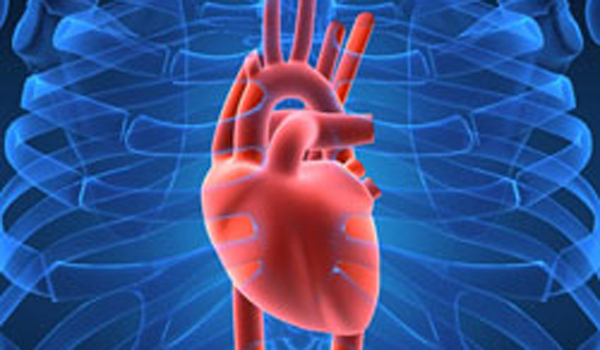The reason for most of the deaths occurring globally is cardiovascular diseases (CVDs). Such diseases happen due to abnormal heart activity and can be fixed using a small device known as a pacemaker. Recently, scientists have developed a wireless pacemaker. It has the ability to can dissolve in the body. This wireless device can be used by those who need temporary help to regulate their heartbeat.
What is Pacemaker?
Before moving forward, let’s talk about Pacemaker. It is actually a small device that is used to treat Arrhythmia or abnormal rate/rhythm of the heartbeat. Pacemakers help in maintaining a normal heartbeat. According to National Heart, Lung & Blood Institute, pacemakers send electrical pulses which help in forming a normal rate and rhythm of heartbeats. It is also used in treating heart failure. In that case, a pacemaker helps the chambers of the heart to beat in sync so that they can pump blood more efficiently to the body. In some, the pacemaker is required temporarily and so is normally inserted through a vein in the neck and remains outside the body. If required for permanent use, it is placed in the chest or abdomen.
Newly Developed Pacemaker
Nearly 24.8 percent of all deaths in India happen due to cardiovascular diseases, as per the Global Burden of Disease. The new pacemaker can become a life savior for people who have diseases related to the heart, especially those who require urgent regulation of heart activities.
This newly made device has a lead-free battery in it. This reduces the risk of infection than traditional pacemakers (with lead in them) come with. Published in the Journal Nature Biotechnology, the researchers have said, “The device provided effective pacing of hearts of various sizes in mouse, rat, rabbit, canine and human cardiac models. It may serve as the basis for the next generation of postoperative temporary pacing technology.”
The trials of the device on mice, rabbits, slices of the human heart, and within live dogs and rats have revealed that it completely vanishes (by dissolving) by the seventh day.
The device is based on the same principle as that used in wireless chargers to power smartphones. The newly developed pacemaker is light and weighs less than half a gram. It looks like a tiny tennis racket and performs the function by generating electrical current through a radio frequency sent from an external device to a receiver within the pacemaker.
This pacemaker is an excellent alternative to the traditional one which has the risk of being accidentally dislodged during the physical movement of the patient or may cause damage to heart tissues when removed.

